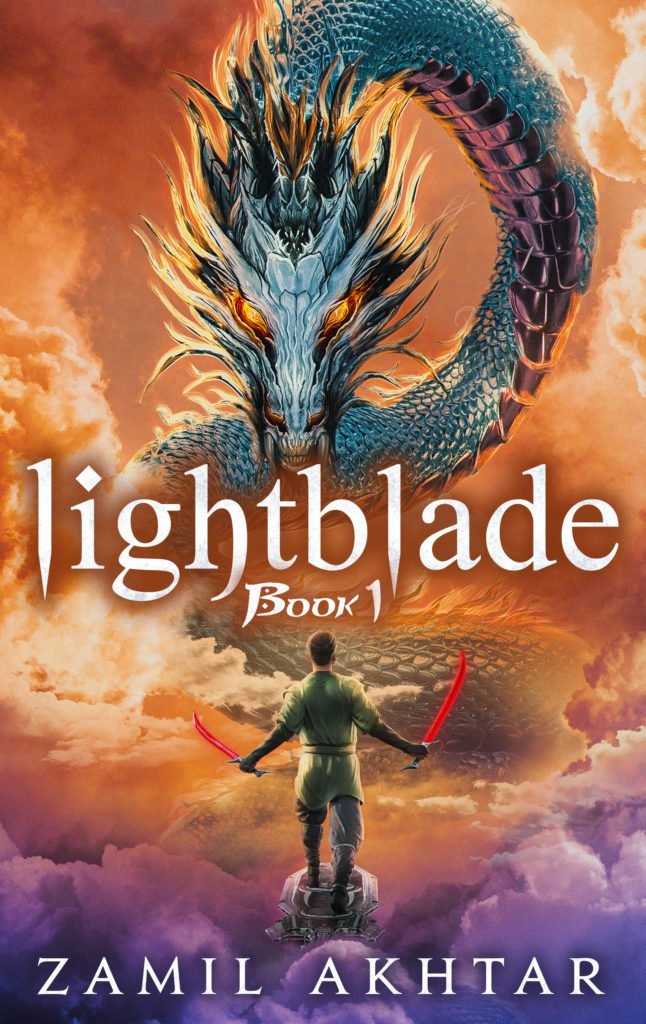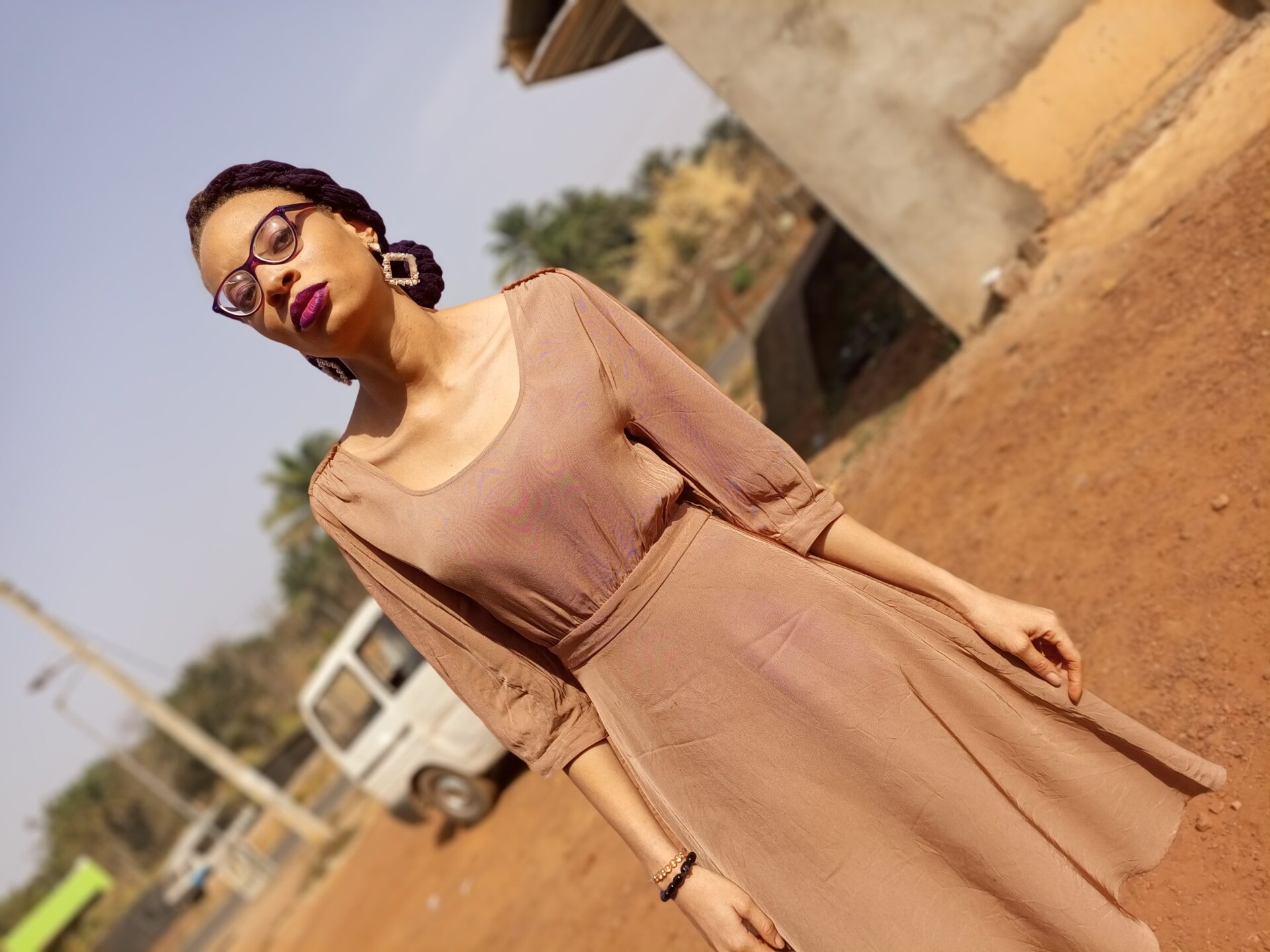
Top 30 Cartoon Characters That Were Villains
Our list rounds up the top 30 cartoon characters that were villains, each one more wonderfully wicked than the last.
lightblade, za, zamilakhtar
Altogether, this is such a great book (and series, probably), and I look forward to reading the final release and more books in the series. You should too!

I have two, seemingly irrelevant questions for you:
Whutt?? What is this girl saying? What is happening right now? Is any of this even relevant to the book?
This is the review for Lightblade by Zamil Akhtar. You guys, there is so much I want to talk about! Seriously, this book left me imagining so many things! But I will try to leave this review mostly spoiler-free. Let’s get right into it.
But before that, please note that this is an e-Advanced Readers Copy (ARC) of the book, not the final edit (thank you so much). So there are things I may note here that do not make it to the final copy.
Welcome to the Dayworld, where the sun never sets, and its light can be diffracted into seven colors using unique crystals. They give you powers like healing, controlling machines, fighting, and even dreaming (not just boring vitamin D and skin cancer). It is also the complete opposite of the Nightworld, which is basically the afterlife (but not?), and there’s no light for magic (sad).
Meet Jyosh, (this name excites me, I can not tell you why), a 24-year-old man who has spent the last 12 years slaving away in a weapons constructions factory as a prisoner. He is the only living member of his family left alive to serve out the punishment for his brother’s defection crime. His years in prison have become a meaningless autopiloted blur: he wakes up, eats the crappy factory food, and spends the whole day churning out weapon parts. But at night, he can live like a god in paradise for four precious hours. But since dream time moves slower than real-time, each of those hours equals a whole day, so he gets to spend four days having the time of his life, and then he wakes up to the sad grind once more.
The rest of the world is at war with the Karshans (hence the weapon building), but not really. You see, they have already conquered so much of the world that now they just use other countries as bases for their civil war.
Jyosh’s monotonous life is interrupted when the Karshans finally remember Maniza. The factory is destroyed, and he is freed, but not out of danger. His quest for freedom will change the entire course of his life. Along the way, he’ll meet friends, learn survival skills, fall in love, and gain enemies, old and new.
And his loyalty and determination to remain on the side of what is good will be tirelessly tested.
My favorite thing about this book is how unique the concept is: the idea that you could do anything in the dream world and transfer knowledge gained to the real one is such a novel idea, and lazy ol’ me is loving it. Just think about it; you could finish four years of school in one 4-hour night while getting very good rest! Yes, please!
As you can probably tell from my synopsis, a lot is going on in this book; all of which are exciting and appealing, but it’s all happening simultaneously. We don’t get to understand each sequence before we jump into the next. There’s no rush really! Each layer can be unfolded one at a time, allowing for proper storyline development
The one thing I wasn’t comfortable with was that we learn most of what we know through the characters’ conversations. Whenever I encounter exposition storytelling, I feel like I’m watching animation.
Wait, before you get mad, I love animated fantasy, and good ones, like She-Ra and the Princesses of Power (I promise it’s only a little bit as girly as it sounds), and the R-rated Legend of Vox Machina used this mechanism, and it worked!
However, I feel like the author is going for a different vibe, so I suggest allowing the audience to enjoy experiences with the characters so they can come to conclusions on their own, as this usually leads to a more enjoyable read.
Another thing I loved about this book is the South-East Asian cultural referencing. I know little (I know nothing) about the cultures represented here, and I ate up every bit of information I came across! I just wished the author leaned into it a bit more.
Altogether, this is such a great book (and series, probably), and I look forward to reading the final release and more books in the series. You should too!

Peace is an avid book lover whose biggest selling point is her desire to share everything good she finds with everyone she loves. She writes both fiction and non-fiction professionally, but truly finds fulfilment when she is free to let her imagination fly. She loves learning new things, listening to good music, eating good food, reading all the good books, watching good movies, and sleeping. She lives every day knowing that there is an amazing new thing to discover!

Our list rounds up the top 30 cartoon characters that were villains, each one more wonderfully wicked than the last.

DC is great at making comics and animated movies, while the MCU has the upper hand in its cinematic aspects

Discover the best apps to read books for free in 2025. Access thousands of free e-books and audiobooks on your phone or tablet. ...

There are some outright funny cartoon characters who exist solely to crack you up, loud, hard, and with zero apology.

Things Fall Apart is for the colonizers as well as the colonized, helping to understand the role of colonialism in the realization...

While many of the Nollywood movies on our list are quite old, it’s a testament to the capabilities of the industry’s p...

While this isn’t an exhaustive list, it comprises some of the most popular mythical creatures from around the world.